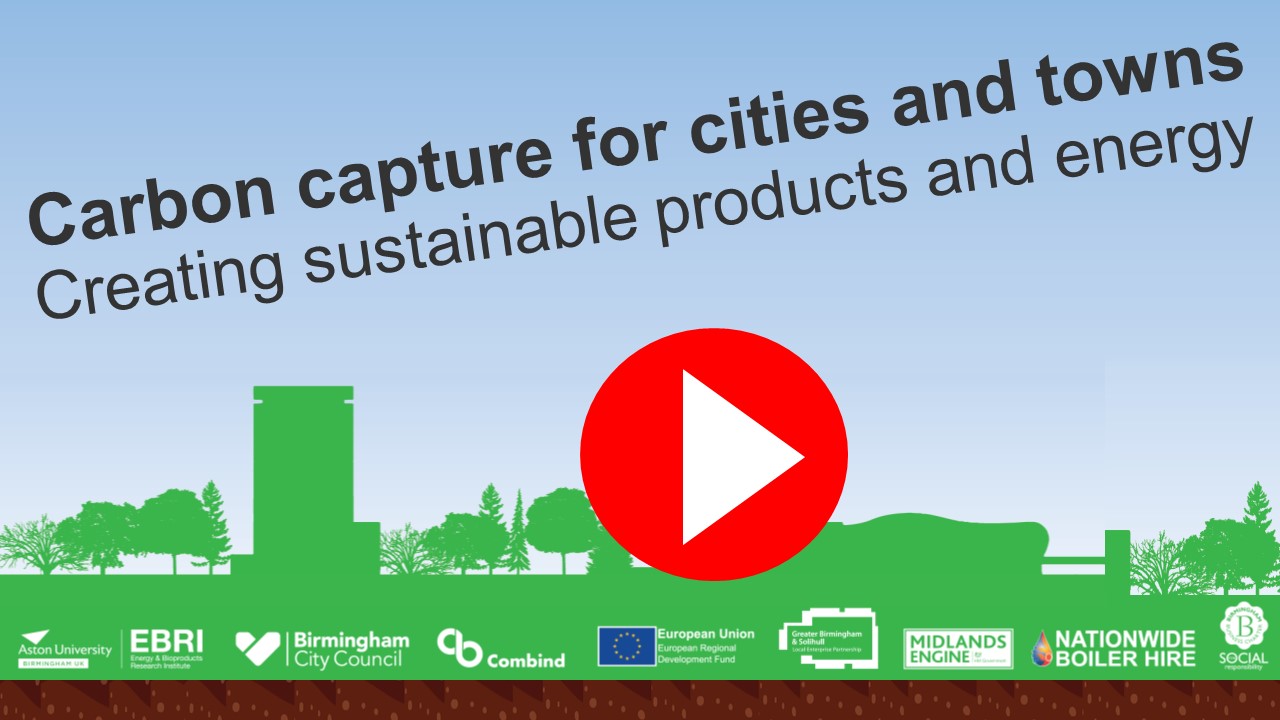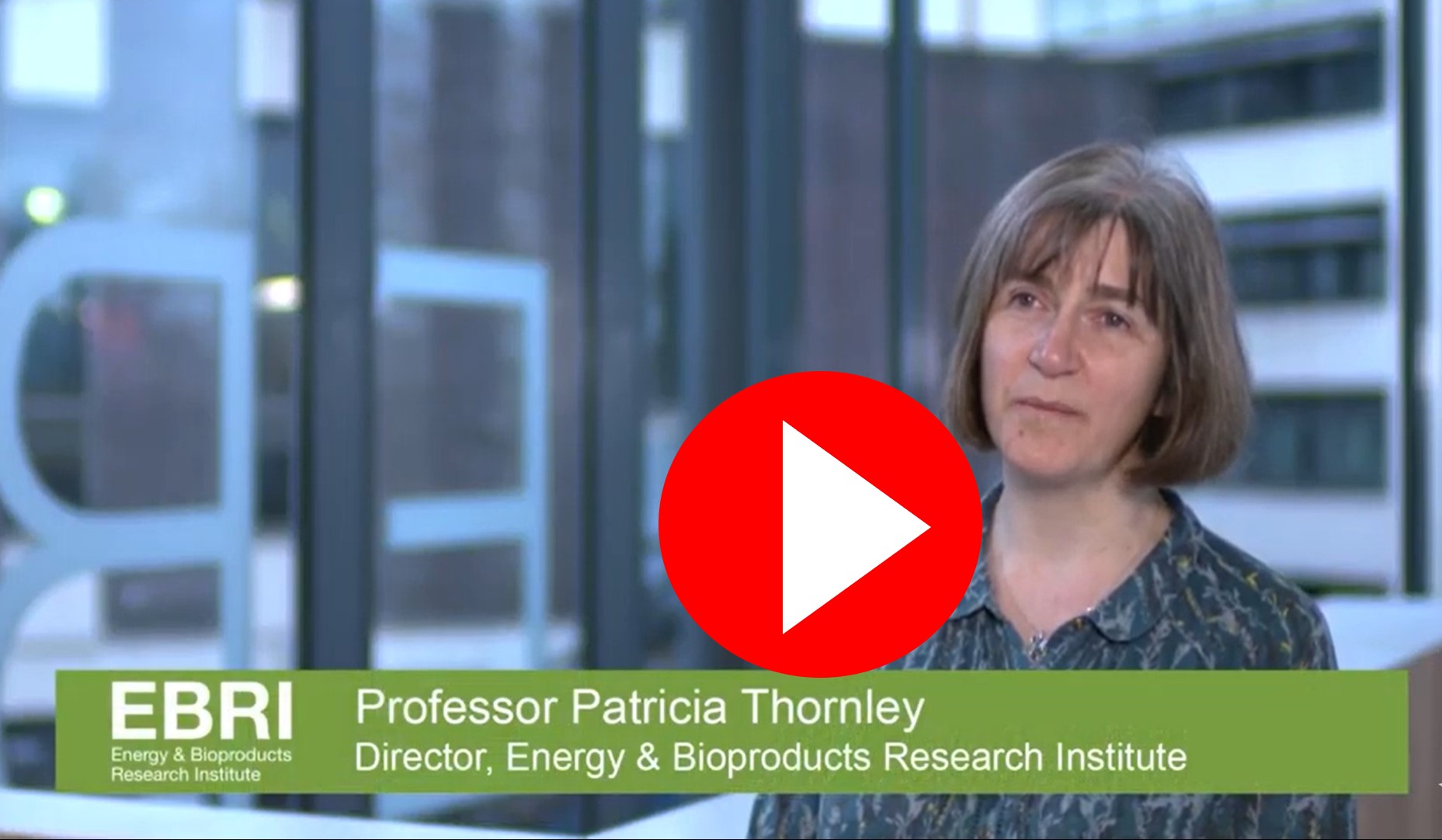Innovation Accelerator catalysing growth in the West Midlands
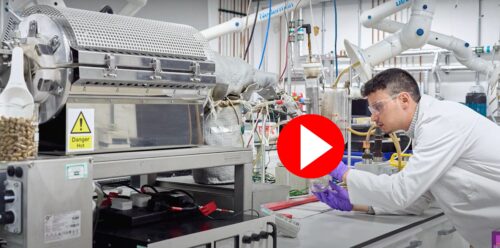 The Biochar CleanTech Accelerator drives economic growth and environmental benefits in the West Midlands by commercialising biochar technology, expanding low-carbon manufacturing, The project will build on research facilities at Aston University to develop growth potential targeting commercial orders worth over £200 million of low carbon products produced by a regional industrial cluster.
The Biochar CleanTech Accelerator drives economic growth and environmental benefits in the West Midlands by commercialising biochar technology, expanding low-carbon manufacturing, The project will build on research facilities at Aston University to develop growth potential targeting commercial orders worth over £200 million of low carbon products produced by a regional industrial cluster.
Exploring Pyrolysis with NFU Energy and EBRI
 Curious about how organic waste like straw, sawdust, or even chicken manure can be transformed into clean energy and biochar? In this on-site interview, NFU Energy’s Senior Project Engineer, Eirinn Rusbridge, meets with Tim Miller, EBRI’s Project Director of the Biochar CleanTech Accelerator. Together, they reveal the science behind pyrolysis—a technology that converts waste into valuable outputs such as biochar, gases, and heat. This conversation explores the unique qualities of biochar, its wide range of applications, and how pyrolysis supports the UK’s Net Zero ambitions.
Curious about how organic waste like straw, sawdust, or even chicken manure can be transformed into clean energy and biochar? In this on-site interview, NFU Energy’s Senior Project Engineer, Eirinn Rusbridge, meets with Tim Miller, EBRI’s Project Director of the Biochar CleanTech Accelerator. Together, they reveal the science behind pyrolysis—a technology that converts waste into valuable outputs such as biochar, gases, and heat. This conversation explores the unique qualities of biochar, its wide range of applications, and how pyrolysis supports the UK’s Net Zero ambitions.
FuturEnergy case study
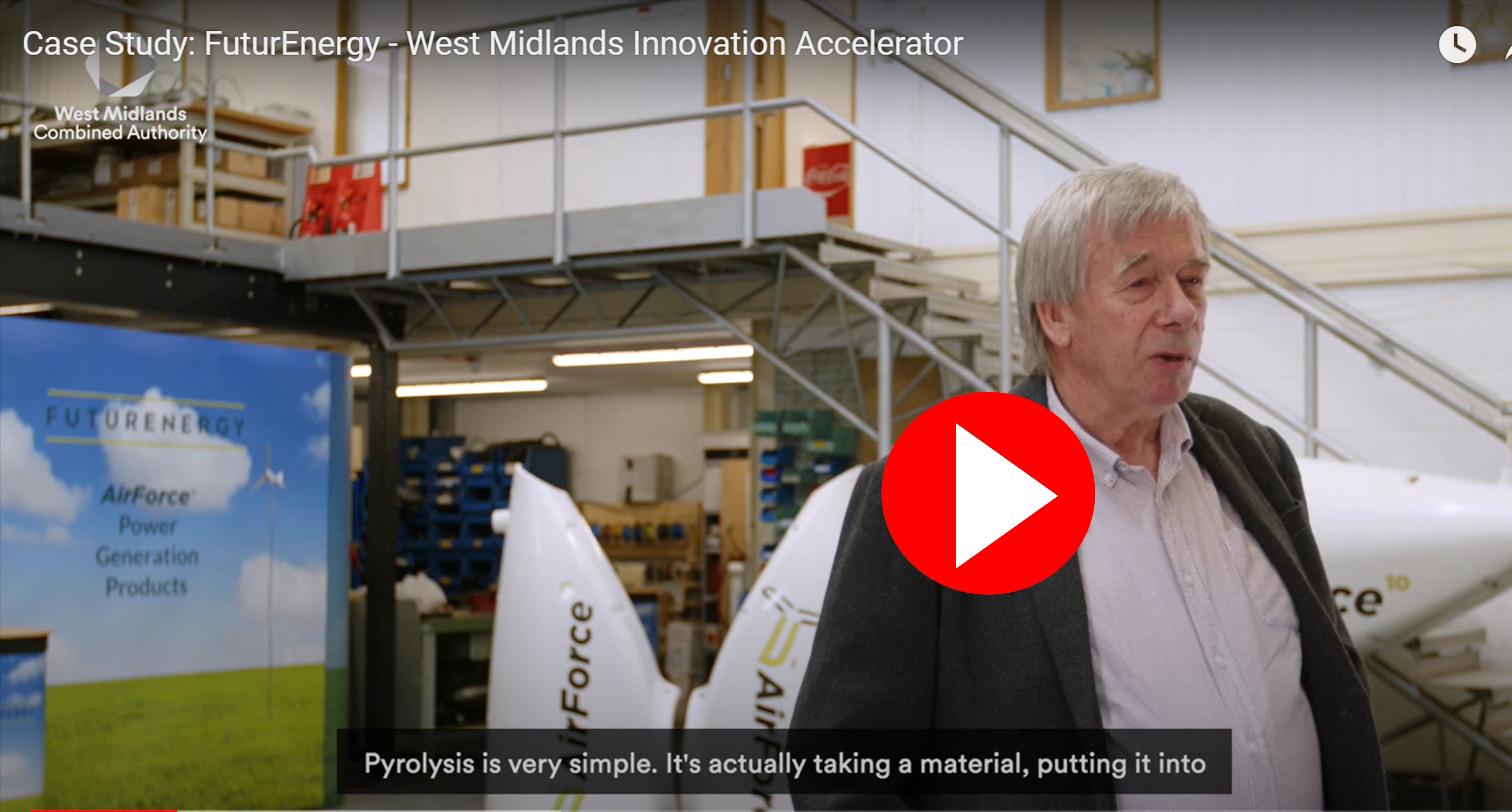 Steve Harrison and his colleagues at FuturEnergy share the process of their advanced pyrolysis system developed in association with EBRI, Aston University. Learn how this can be adopted in industrial environments.
Steve Harrison and his colleagues at FuturEnergy share the process of their advanced pyrolysis system developed in association with EBRI, Aston University. Learn how this can be adopted in industrial environments.
Mills & Reeve case study
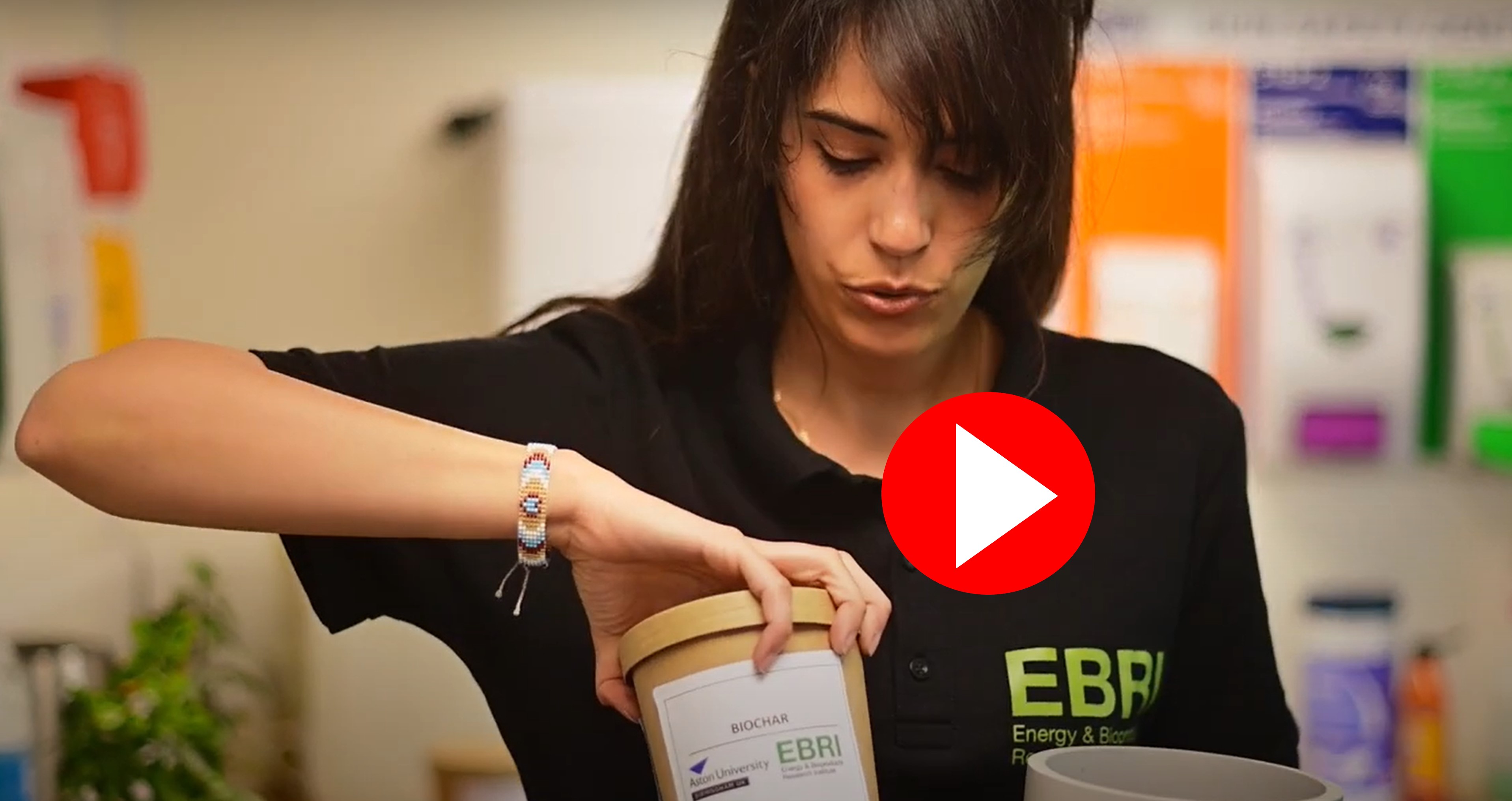 Discover how EBRI researchers have produced sustainable office accessories for Birmingham law firm made from biochar produced by EBRI at its Cofton plant – including plant pots, coasters and pen holders.
Discover how EBRI researchers have produced sustainable office accessories for Birmingham law firm made from biochar produced by EBRI at its Cofton plant – including plant pots, coasters and pen holders.
 Innovation Accelerator
Innovation Accelerator
The Innovation Accelerator programme is investing £100 million in 26 transformative research and development projects including EBRI’s Biochar CleanTech Accelerator to accelerate the growth of three high-potential innovation clusters: Glasgow City Region, Greater Manchester and West Midlands. It’s led by Innovate UK on behalf of UK Research and Innovation and the Department for Science and Innovation (DSIT).
EBRI Urban Biochar and Sustainable Materials Demonstrator
Discover about new biochar technology installed by the Energy & Bioproducts Research Institute (EBRI), Aston University and its partners to combat climate change in Birmingham, UK and the surrounding area. In this short video you will hear how the ‘Urban Biochar & Sustainable Materials Demonstrator’ project led by EBRI is developing biochar for the benefit of city and town environments, and local economies; researching how biochar can be used as a soil enhancer in urban landscapes; conducting scientific modelling to assess the carbon capture merits of biochar.
Introduction to the Energy and Bioproducts Research Institute (EBRI)
The Energy and Bioproducts Research Institute (EBRI) at Aston University carries out world-leading research into new and innovative ways of converting biomass and waste into sources of sustainable energy and low carbon products, using thermochemical, biological and catalytic processes. Discover more from Professor Patricia Thornley, Director of EBRI, about the work that EBRI’s academic and industry-facing teams are doing to help the world meet its ambitious targets for reducing carbon emissions and combating climate change.
Other films from EBRI
To see a selection of business testimonials and other short films produced by EBRI during past business support programmes see below.
-
Sustainability Master Class attendees click here
-
Other Business Reviews of past projects see below
-
To see all of EBRI’s films click here.

